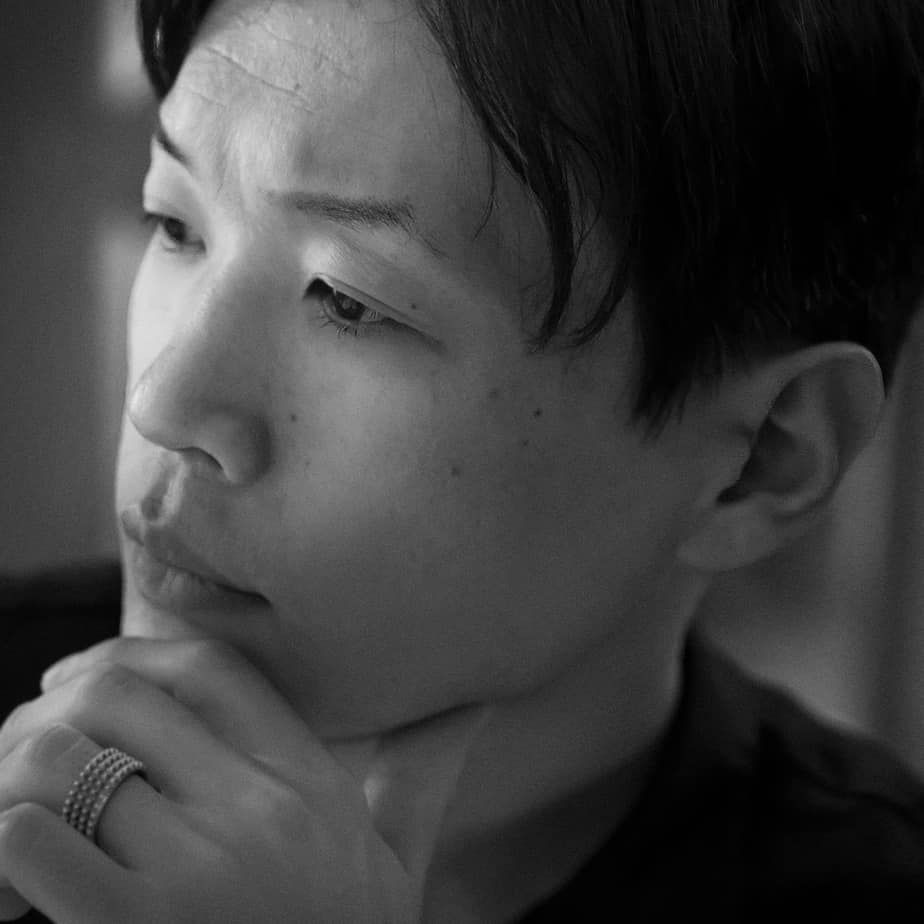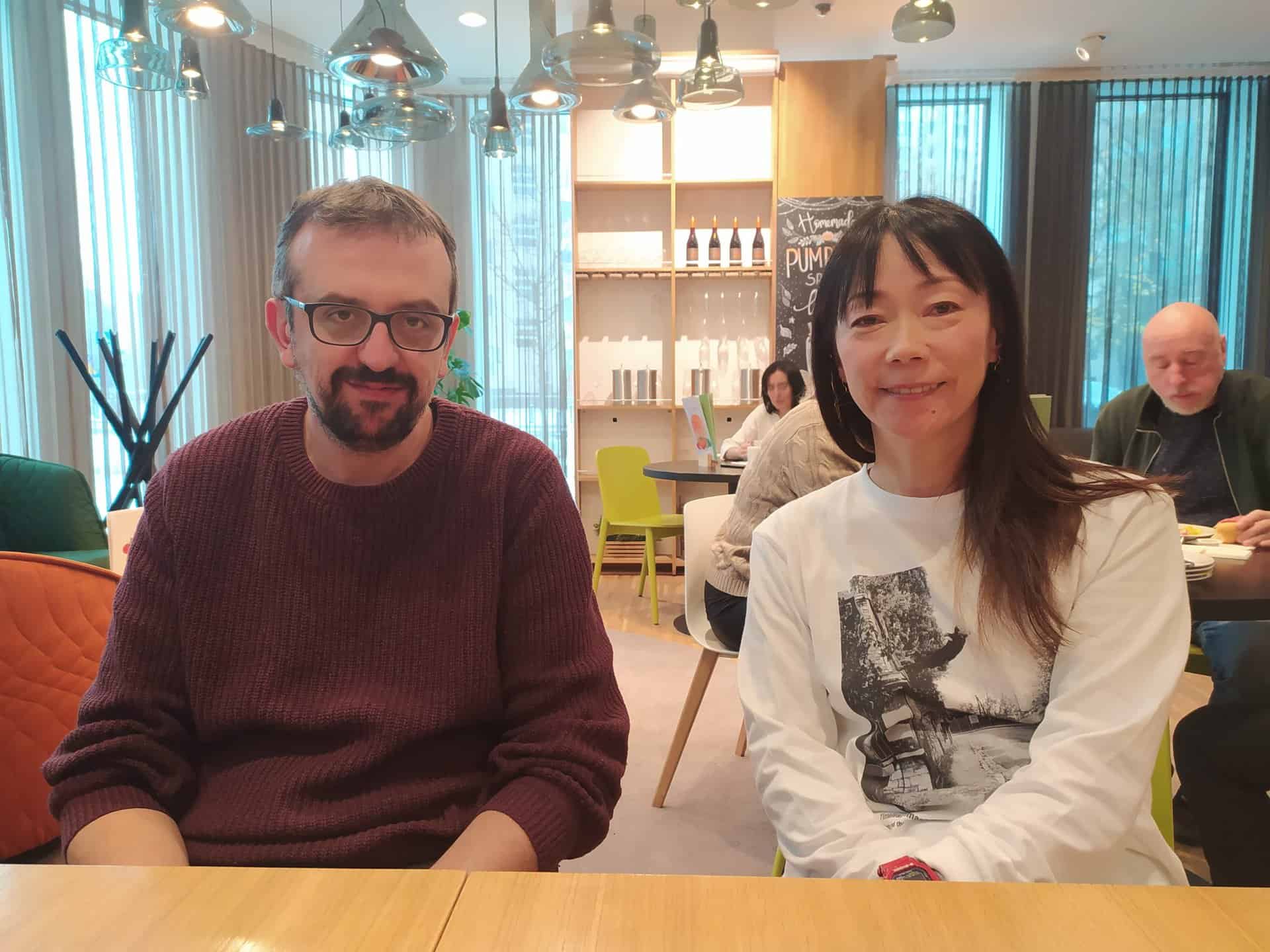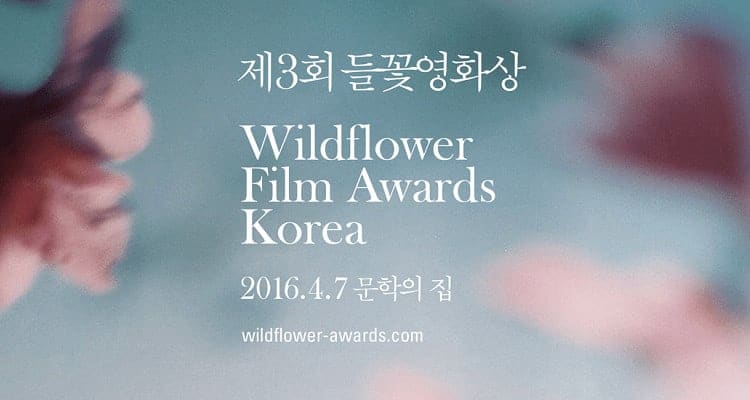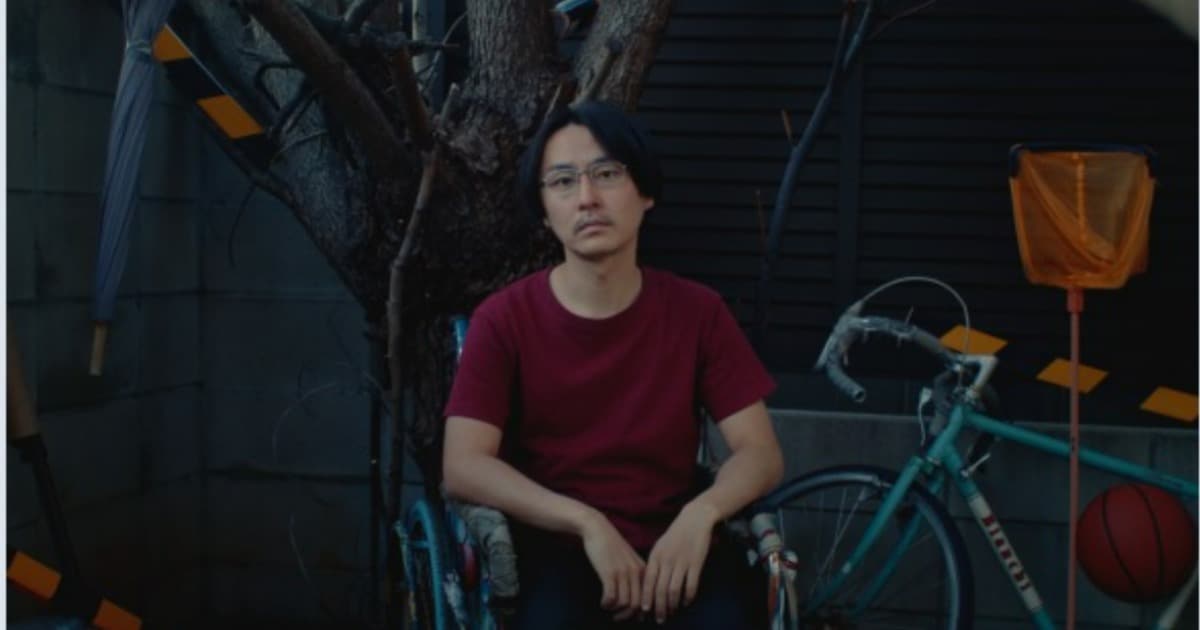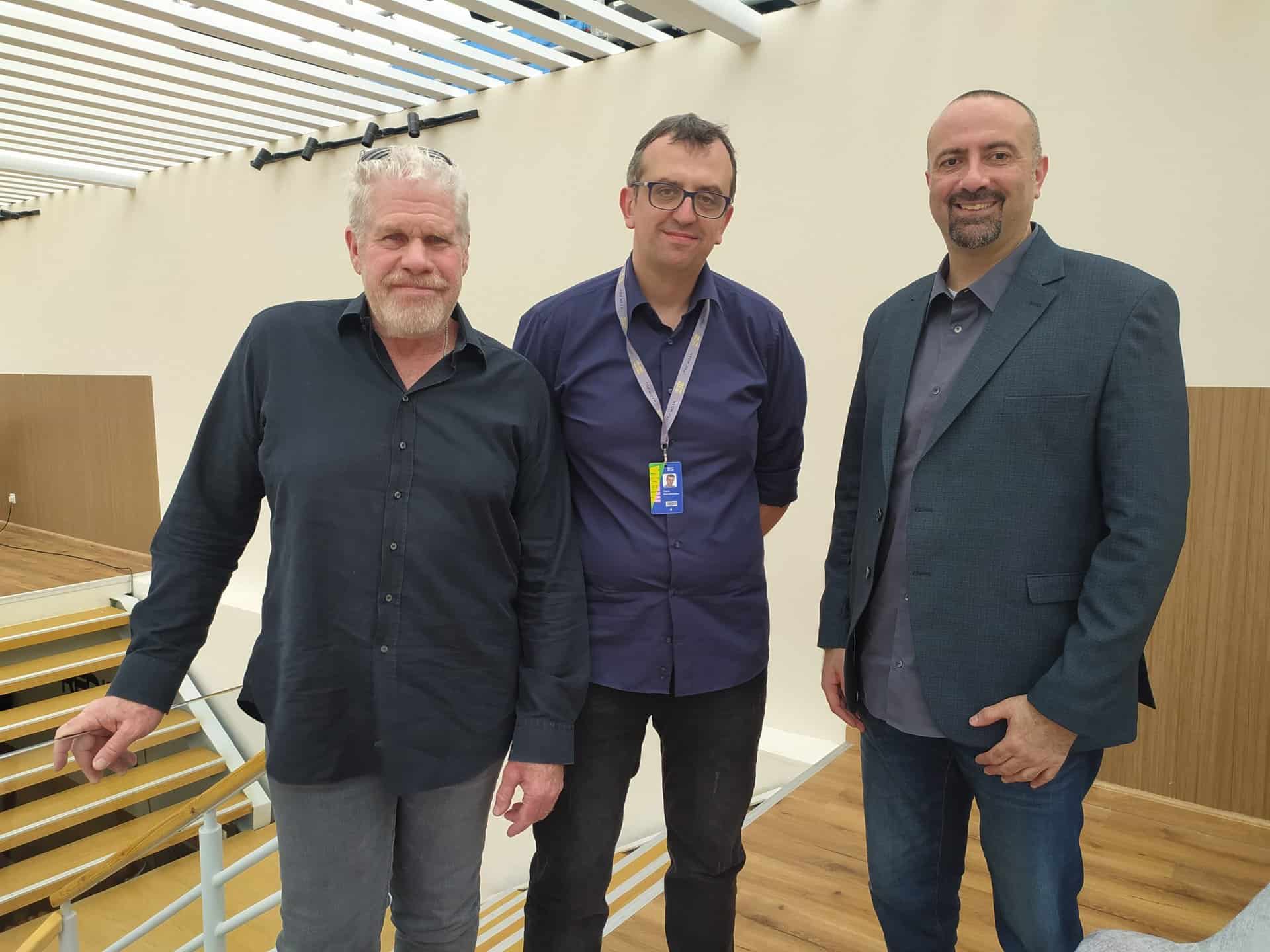The interview was initially conducted on September 2017
Takuro Nakamura is a graduate of Waseda University and is also a photographer and an installation artist. His films include “Taito” (2011) and: I'm Home” (2012). Taito won the Special Jury Award at the 33rd PIA Film Festival.”West North West” is his second feature film. We speak with him about the film, his actresses, his view on art-house cinema and many other topics.
Can you tell us a bit about the path that led you to “West North West”? What was your previous experience in film?
I had experience in making a few shorts and one feature film prior to “West North West”.
Why did you decide to deal with the theme of LGBT and how come you included the difference-of-culture theme in the film?
The LGBT theme is based on very personal experiences. What I focused on was very small differences between characters from different sexual preferences and different cultural backgrounds. I wanted to explore the diversity with the pre-condition of, “you and I are of course different”.
What is the situation with LGBT in Japan? Is there any prejudice against them?
LGBT folks in Japan have been making a significant effort when it comes to insisting on their rights. Currently, the acceptance of the LGBT community is growing gradually. I hope this country grows into a safe place for people with different senses of value, even though currently, the social system of same-sex marriage and same-sex partnership is still in its infancy.
Yasutaka Sekine's cinematography is rather impressive. Can you elaborate a bit about this
aspect? What did you want to do with the cinematography in the film?
First of all, he is a great cinematographer with unique aesthetics. His sensibility to colors is really unique and he has a sense of lighting and framing that aren't similar to regular Japanese films and this gave “West North West” its own characteristic mood. We were looking to capture the actresses' actual live breaths. We usually didn't rehearse scenes and the camera needed to act along the actresses to capture the emotion, breaths, and aerial feeling.
You have done your own editing, a quite difficult task for any director, since you have to correct your own mistakes. Why did you choose that and how difficult was it for you?
Editing my own movie was a very tough choice, because it's usually easy to lose the third person's point of view, like you mentioned. However, I wanted to keep the purity of “West North West” based on very personal experience, and to keep the purity, I needed to edit it.
The film features art-house aesthetics, with the lack of music, the slow pace, and the not so many dialogues. Why did you choose this approach and not a mainstream one?
I believe when the characters with complicated emotions are staring at each other, “Cinema” is born. I don't need dialogue and music when that happens. This is my style.
The most tragic of the characters seems to be Ai, who is forced by her mother to do something she does not want to and has to deal with Kei's feelings for Naima. Is this the way you wanted to portray her?
Ai is a female who fights to protect the things that are important to her, and this is a concept I've had from the beginning. She is a really possessive and aggressive woman who says inappropriate words. On the other hand, she purely makes an effort to protect something important. I wanted to put my affirmative thoughts about women like Ai in this character.
Can you tell us a bit about how you came up with three so different characters?
Kei is based on myself, Naima is based on a friend of mine who's Muslim, and Ai is based on an actual woman who's rough by nature that I've had a relationship with in the past, but most of the characters' personalities are my own personality being expanded to make it into characters.
All three of the protagonists are quite good in their parts. Can you tell us a bit about the casting process, and the way you guided them for their roles? All of them are rather beautiful, with different kinds of beauty. Was that your purpose when you were casting, and if yes, why is that?
Speaking of casting, my final decision was made by those 3 actresses' eyes, which have different beauty. What I felt was anger and weakness from Hanae Kan's eyes, purity like that of a young girl from Rosa Sahel's eyes and solid strength from Yuka Yamauchi's eyes. I didn't give them clear or definite direction on their acting because I wanted to confuse them with the many possibilities they could think of. My goal was to make them express the chaotic emotions under the circumstances, like that. Also, what I was trying to express were different aspects of love as in “Person running away from love”,“Person who understands love”, and “Person who lives out love”. It was my honor to have Kan, Rosa, and Yuka in my film, and I was very happy with the casting.
What is your opinion of the Japanese movie industry at the moment?
From my perspective, as one of the audience, we can watch many movies from all over the world in big cities, which is fantastic to expand the variety of understanding.
However, as a director, I think this industry is bipolarized into the low budget movie industry and the larger budget mass entertainment movie industry. It's very important to see how we can keep making movies, without the mid-range budget movie industry.
Which are your favorite filmmakers/movies?
Lee Chang-dong
Oasis (2002)
Secret Sunshine (2007)
Poetry (2010)
What are your plans for future projects?
I'm currently planning and building a story about a female who lives in the male society


